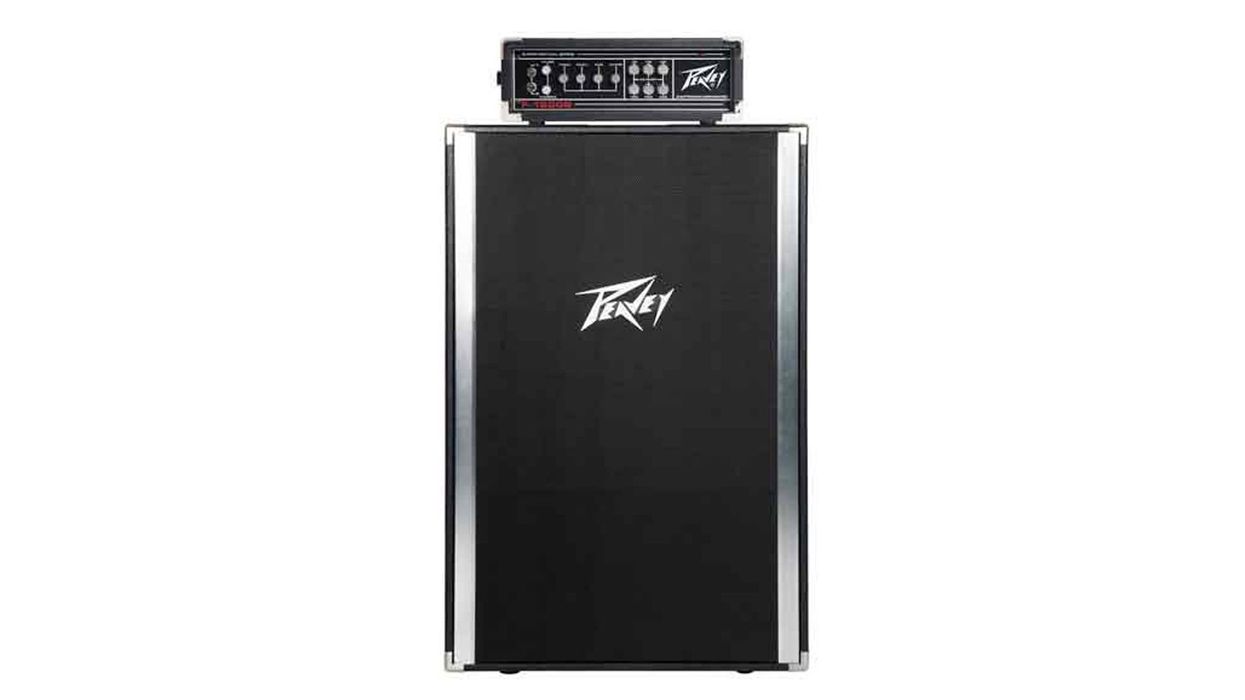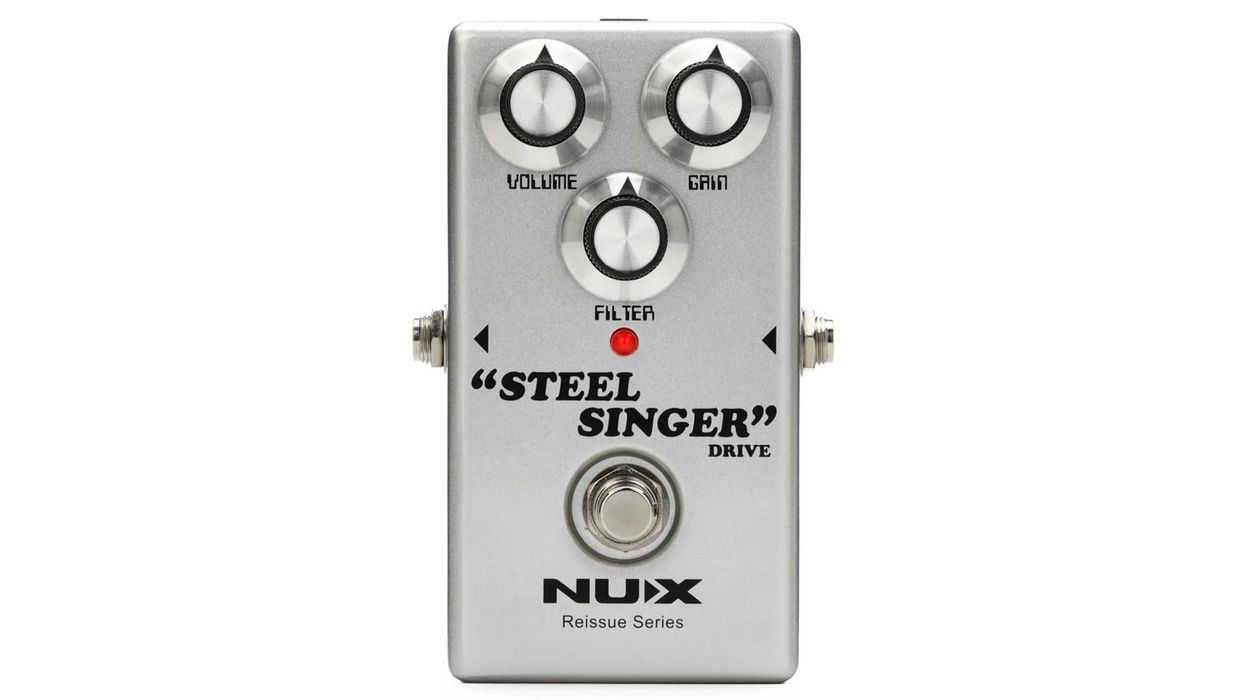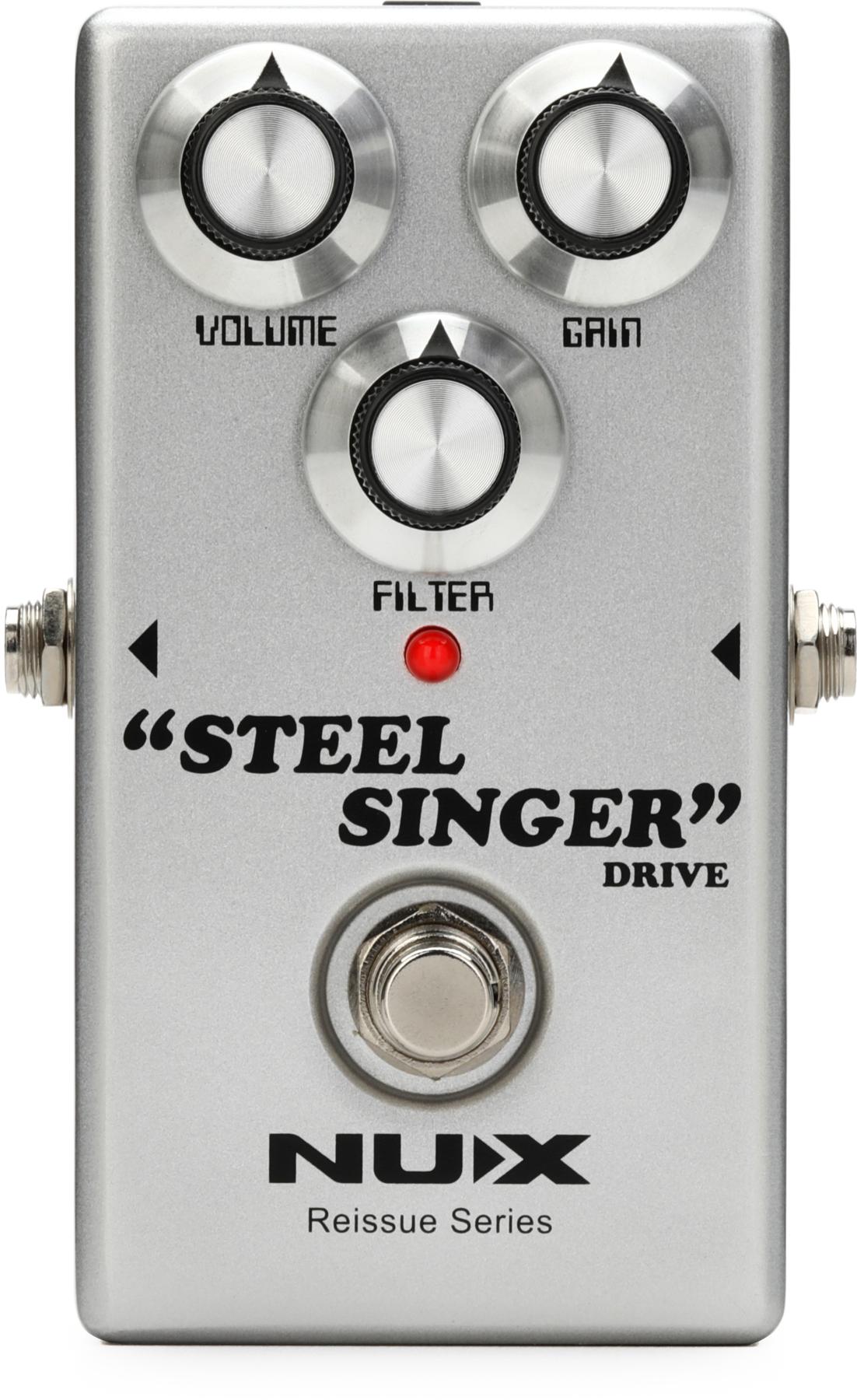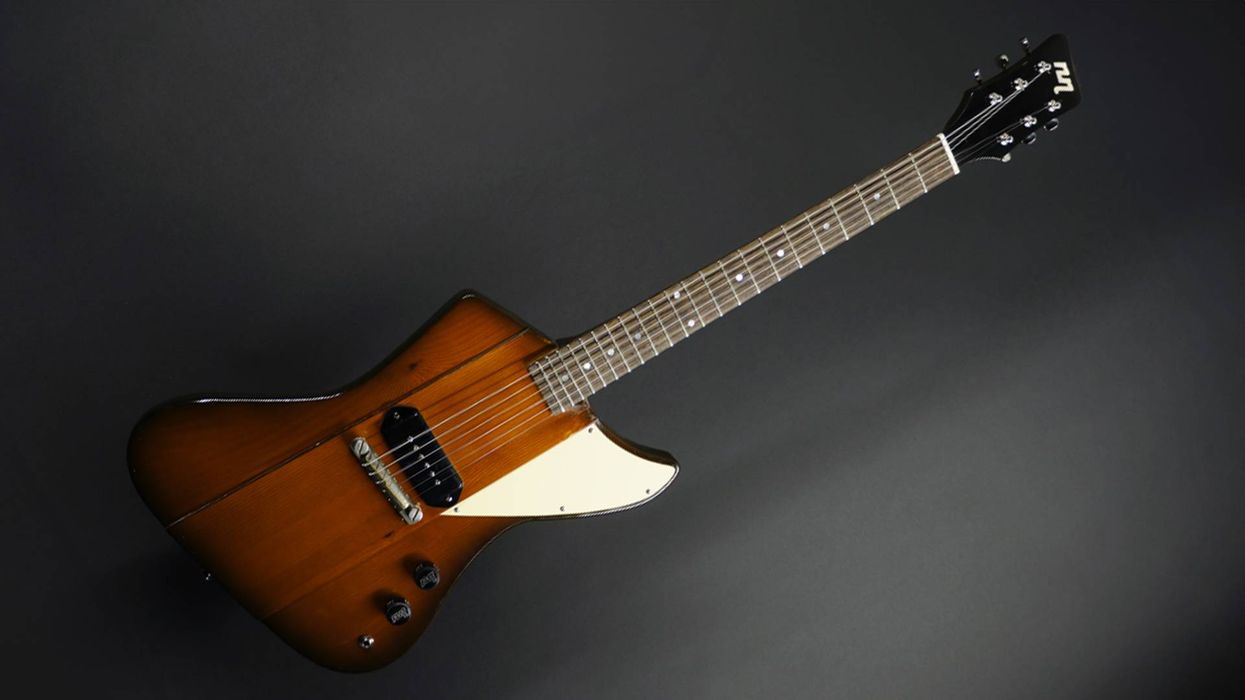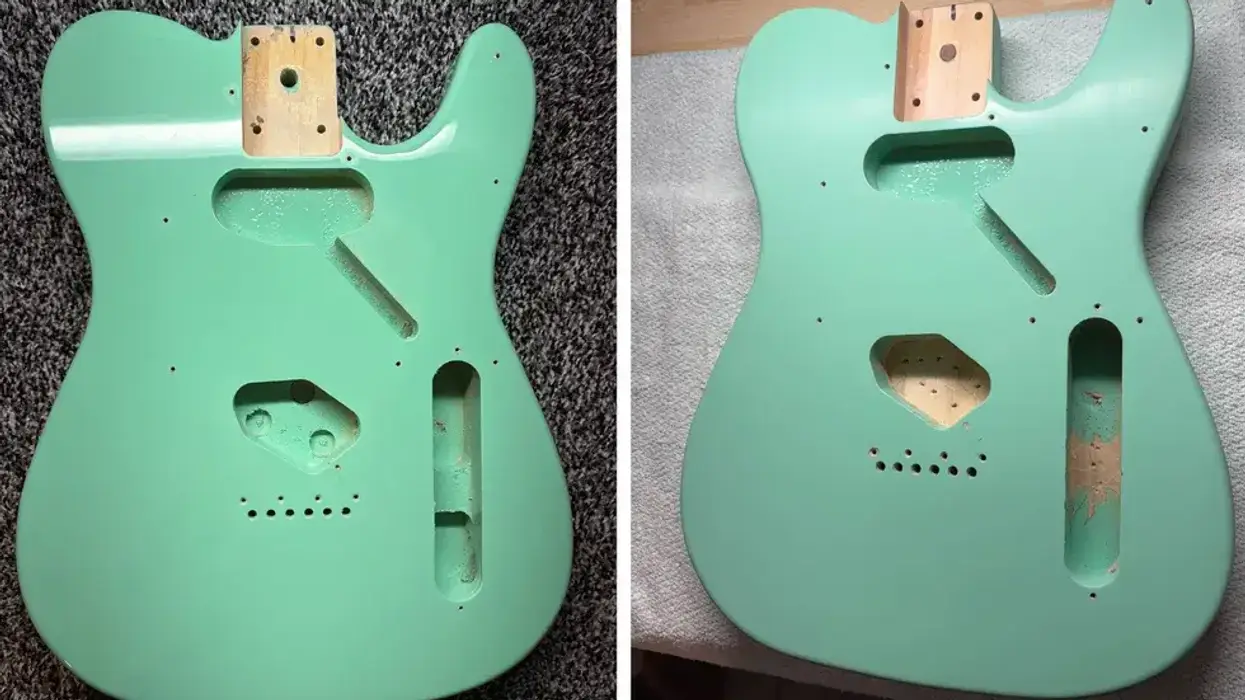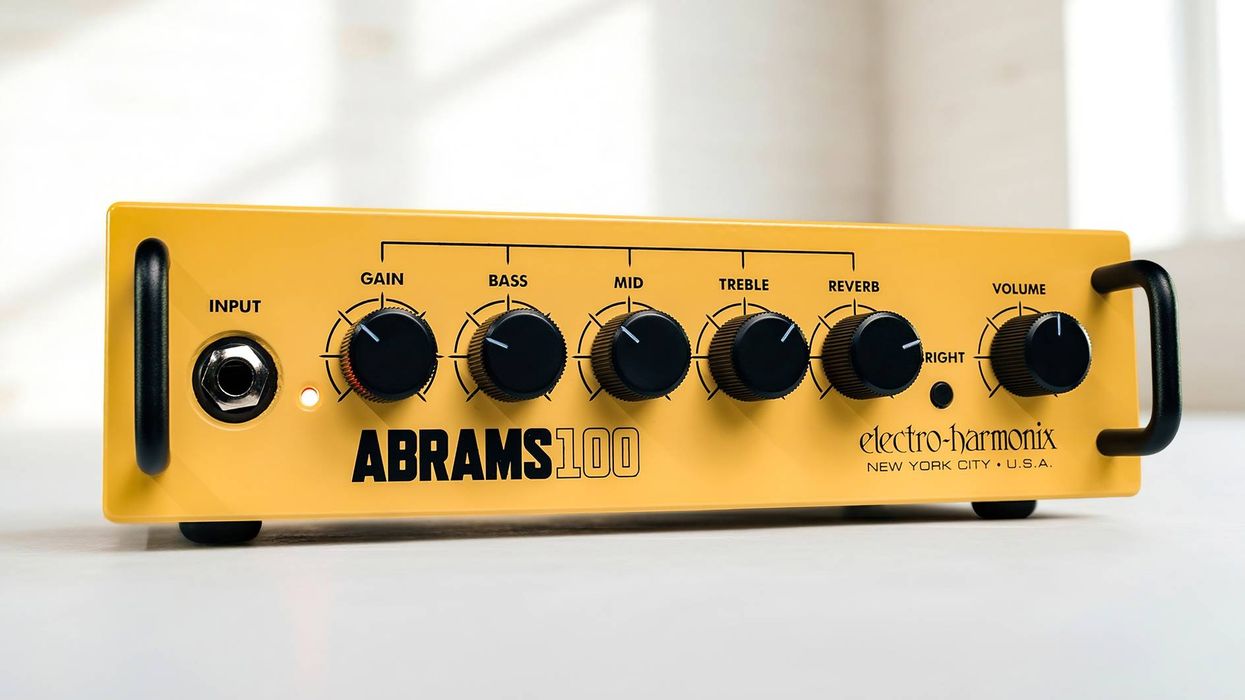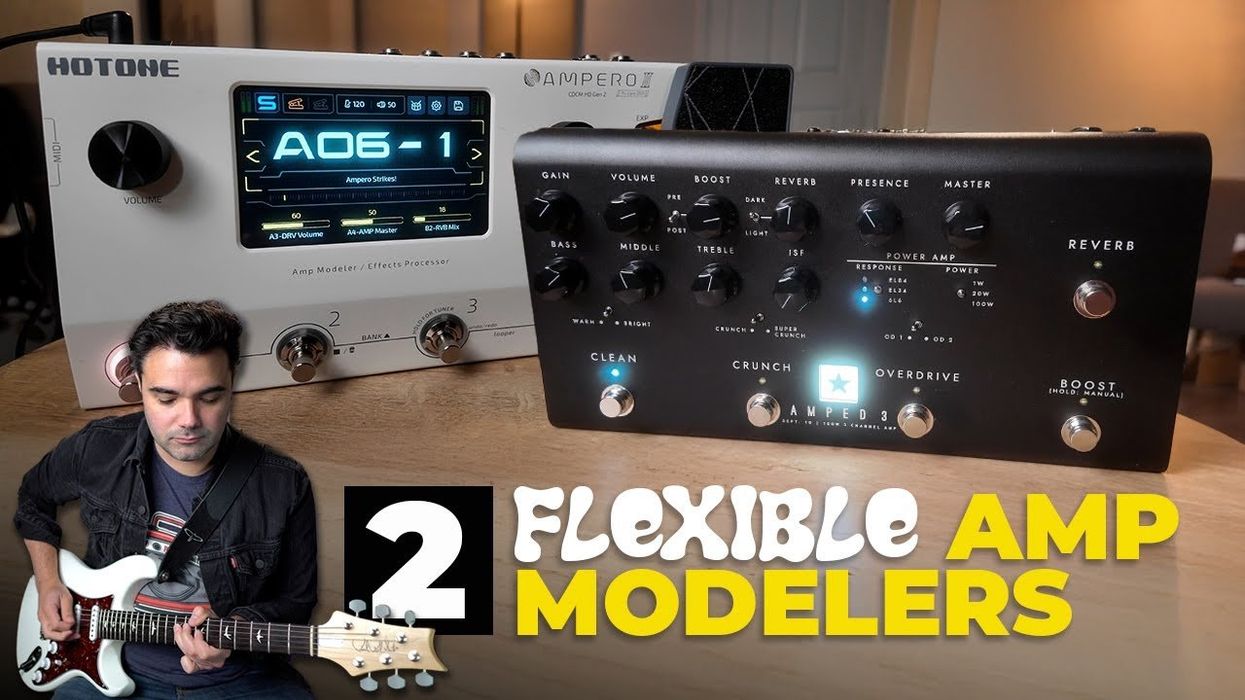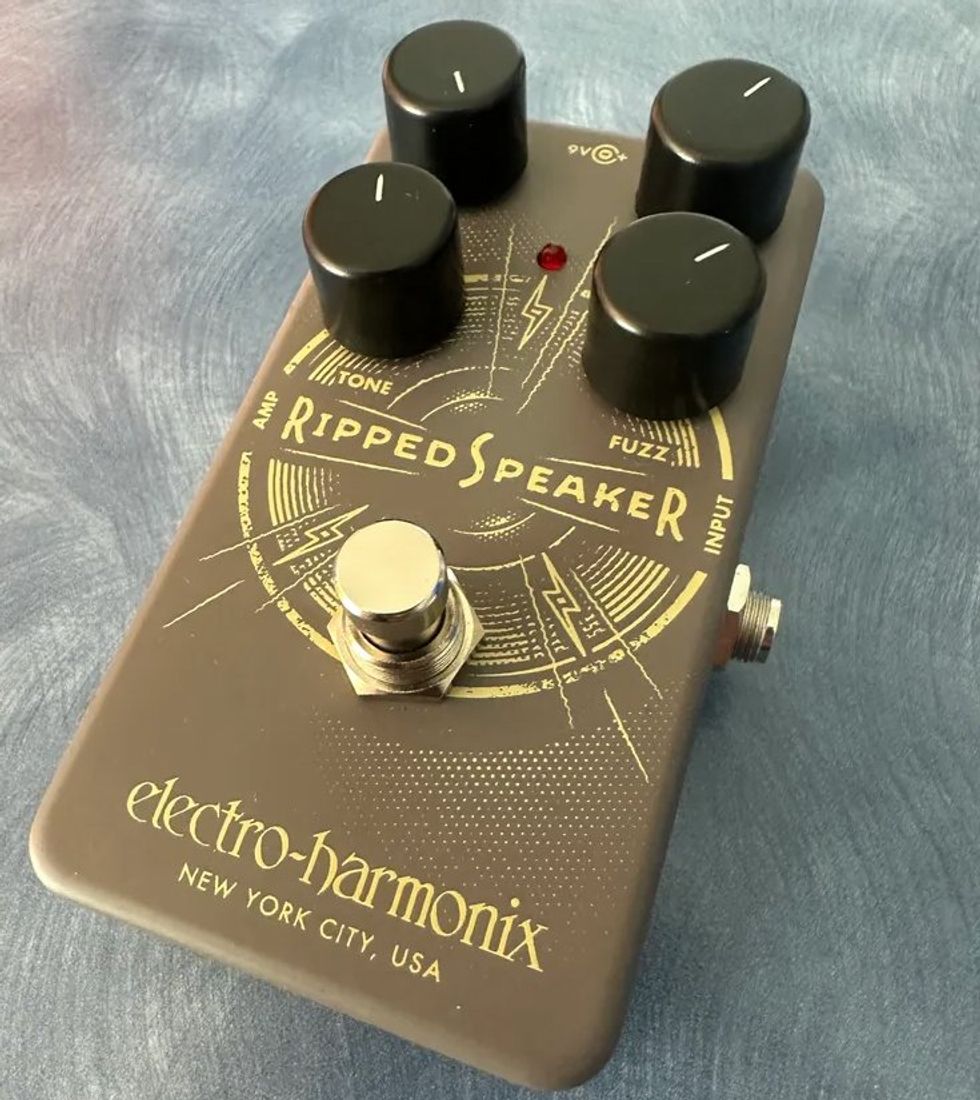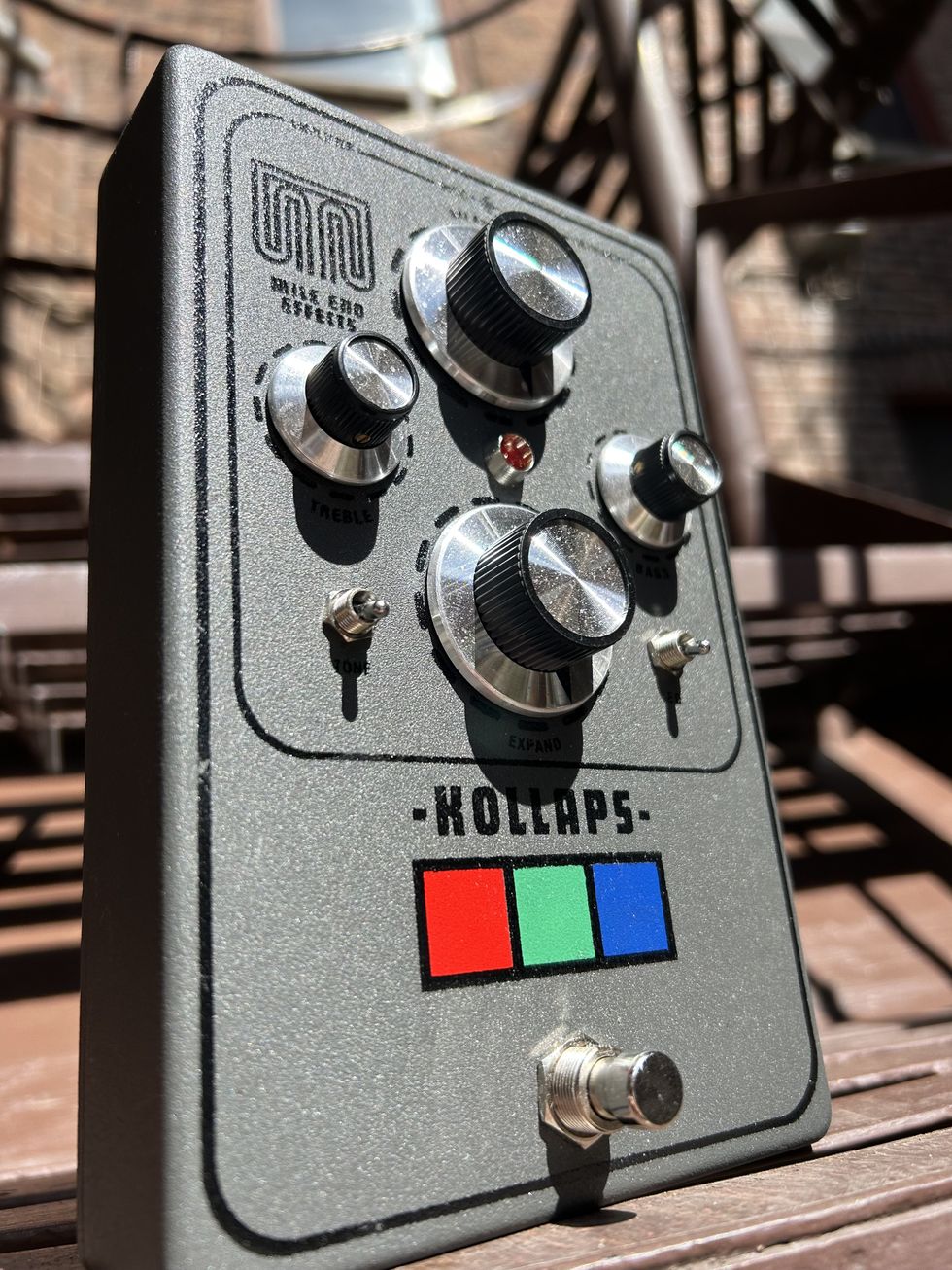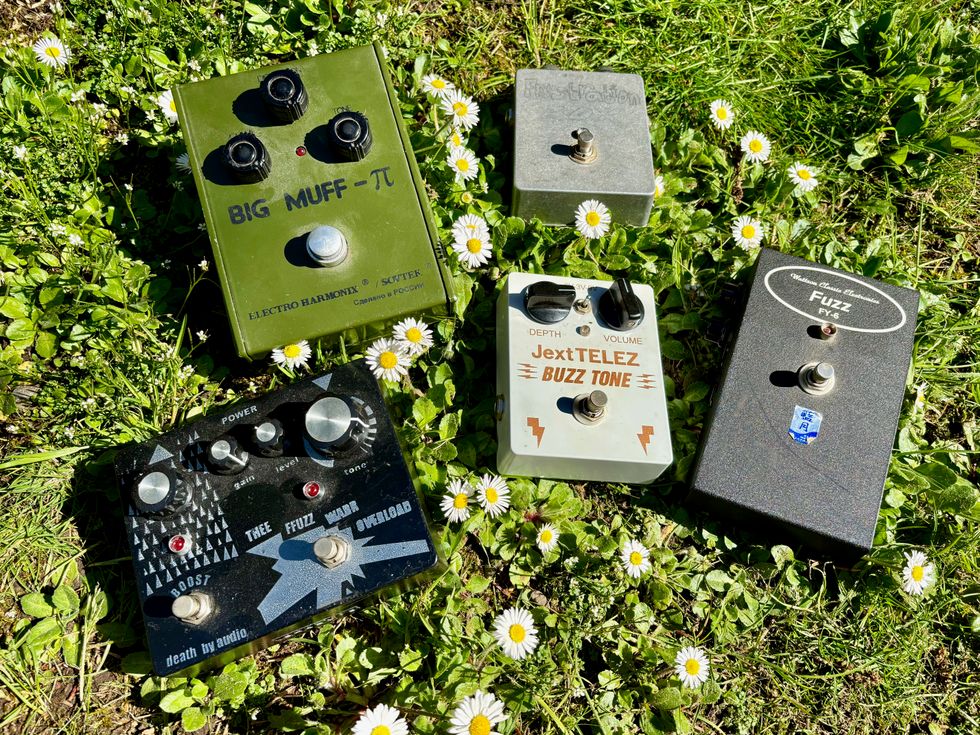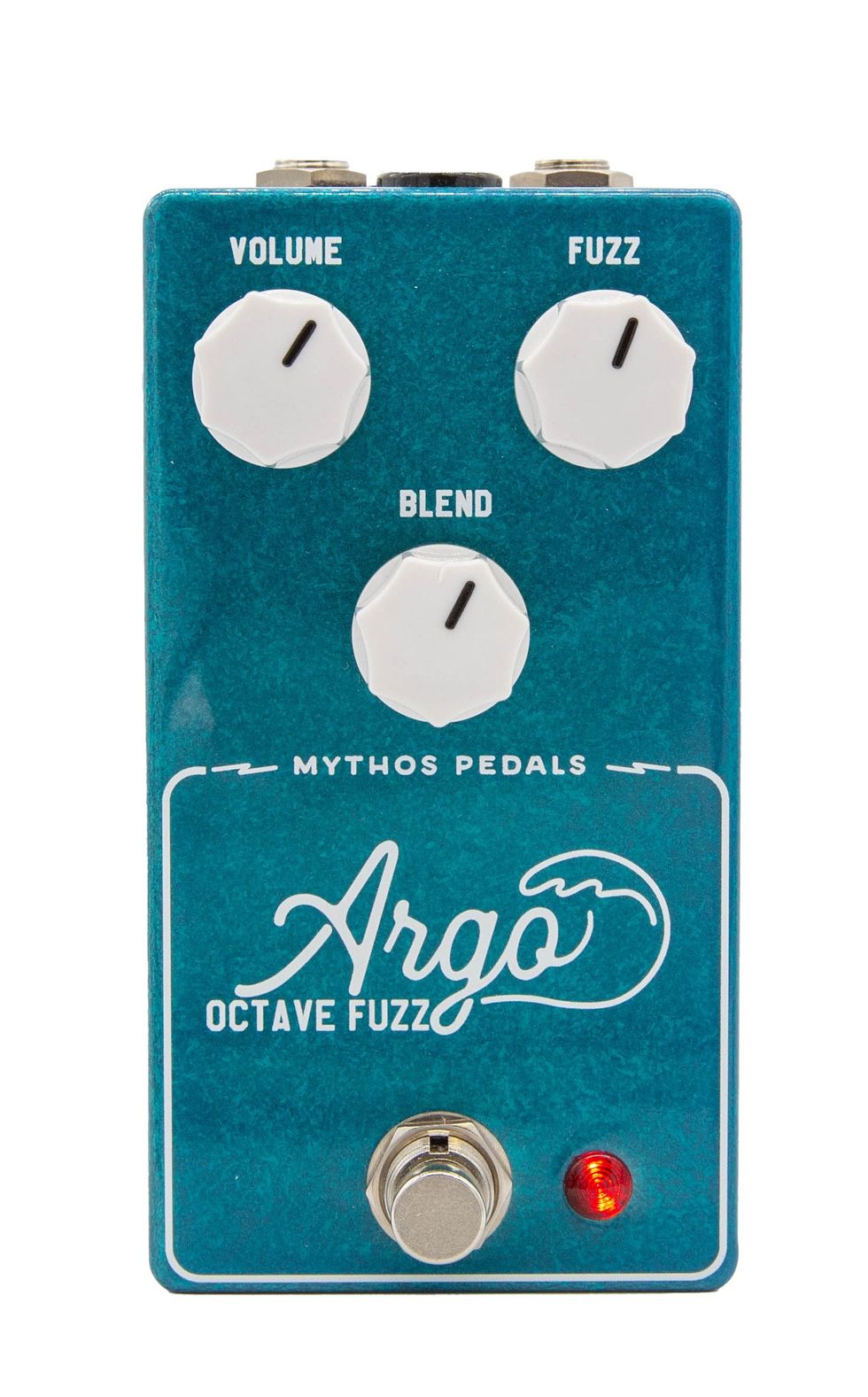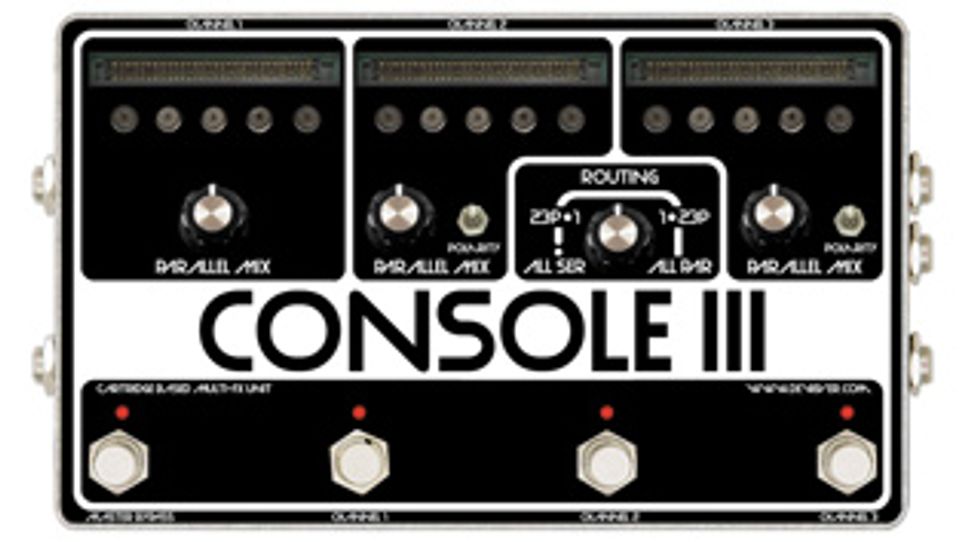
Devi Ever’s Console III—a radically new way of looking at effects pedals.
It seems the boutique effects market has finally gone mainstream, and as builders make a mad dash to lower their price points to gain market share, much of the ingenuity and experimentation that made “boutique unique” is slowly being squeezed out of the equation in order to reach mainstream buyers and the big box retailers who cater to them.
We’ve seen this cycle in the music industry before—hair metal is replaced by grunge is replaced by punk, etc. Yet no matter what today’s hot trend may be, one certainty is that a new idea will come along that’s so revolutionary, unique, and outside the box (pardon the pun) that it will completely reshape the industry it belongs to.
Enter Devi Ever. For those of you who don’t know Devi, she’s been at the forefront of the “less traditional” side of boutique effects for nearly a decade now, producing such sought-after noisemakers as Torn’s Peaker, the Bit Mangler, and Truly Beautiful Disaster, just to name a few.
Devi is an artist, a dreamer, and a visionary. Yet she’s also a business owner who has to deal with the reality of our changing industry and the challenge it has presented: How do you keep your products interesting and unique, while keeping their price point low?
Devi’s answer is Console—a cartridge-based hardware interface for guitar effects that has more than a little in common with old-school video-game systems, such as Atari and Intellivision. Console eliminates the need for the standard user interface of box, switches, jacks, etc., thereby dramatically reducing production costs.
With Console, users can purchase one hardware interface (the Gateway) and then load it with interchangeable cartridges that house the actual pedal circuitry inside them.
“A while back, I thought that the future of guitar effects would be a sort of iPod for effects,” says Devi, “where users could store effects and recall them. However, with the release of products, such as the DigiTech iStomp, I realized that the boutique market still has a distinct love for and fascination with the analog interface of knobs and switches. The DIY community is so big and everyone in it is comfortable working with electronic parts, but not necessarily with the software coding that a digital platform would require. In addition, I feel that the iPod model takes away the personal touch that most boutique builders bring to their products.”
For these reasons, Devi opted for an analog hardware interface, offering it in one-, two- and three-cartridge versions with a variety of routing options for the various effects.
“The circuit board is the most important factor of any pedal,” Devi explains. “Pots, switches, and other hardware are secondary to the overall circuit and sound.”
The Console cartridge itself is a 2" x 2" x 1/2" plastic enclosure that houses the effect’s printed circuit board, with an exposed connection area that plugs into the Console Gateway. Each cartridge can have outputs for up to five potentiometers to control the various parameters of effect operation—hardware pots being housed on the Gateway, of course.
Now here’s where this really gets interesting: While there have been other companies who have tried this type of modular effect format in the past (the Korg PME-40X and Line 6 ToneCore come to mind), Devi is opening up the design and manufacturing of Console cartridges to any and all comers.
That’s right, Devi provides the cartridge enclosure for sale, then anyone can create a Console effect cartridge (within the design limitations of the platform, of course) and offer it for resale. How’s that for open source?
Skeptics may argue that boutique builders won’t want to share their coveted designs. However, the page-long list of companies who have already expressed interest in creating their own Console cartridges will quickly put such doubts to rest. To date such noted builders as Analog Man, Wampler, Empress, and Amptweaker have all signed on for Console, which should pave the way for many more to follow.
But don’t think that Devi has forgotten her roots. In addition to releasing her own line of effects in cartridge form, she also plans to offer a perfboard cartridge that DIYers can populate with their own home-grown circuits. For more advanced designers, the Console platform is compatible with digital circuits as well.
While the initial appeal of the Console concept is obvious (more and more affordable effects), there are deeper implications that I believe could shake our industry to its core. As more and more effect builders enter the market, music retail outlets are quickly running out of shelf space to inventory all these “latest and greatest” devices, not to mention the financial investment involved in stocking and marketing one new product line, let alone hundreds.
With Console, music dealers can purchase one hardware interface and then stock cartridges from various manufacturers, dramatically decreasing the amount of space required, as well as their financial investment.
Imagine a store or even a kiosk with one Console interface and various cartridges from any number of manufacturers. Users could try before they buy or even rent cartridges for testing in their home systems. Just as video rental stores go the way of the dinosaur, effect rental stores could rise up to take their place. The possibilities are tantalizing.
It bears mentioning that Devi also chose a very non-conventional method to fund the Console, opting to use Kickstarter to raise capital for the project. Considering that she raised double her initial funding target of $20,000, it seems I’m not the only one who thinks Console is going to be a hit.
There’s more to say about this unique product concept and the unique person who created it. Unfortunately I’m out of room, so for more info on Devi Ever’s Console modular effect interface, check out deviever.com or kickstarter.com. This is going to be big.
 Kevin Bolembach
is the president
and founder of Godlyke, the U.S.
distributor for many well-known
boutique effect brands, including
Maxon, Guyatone, EMMA, and
Providence..
Kevin Bolembach
is the president
and founder of Godlyke, the U.S.
distributor for many well-known
boutique effect brands, including
Maxon, Guyatone, EMMA, and
Providence..

